“Russia and Iran are bound not only by strong ties but also by a comprehensive strategic partnership agreement. In this light, it is no surprise that Russian President Vladimir Putin condemned Israel’s airstrikes on Iran and that the Russian Foreign Ministry declared them illegal,” Sandor Seremet, lead researcher at the Hungarian Institute of International Affairs, told our newspaper.
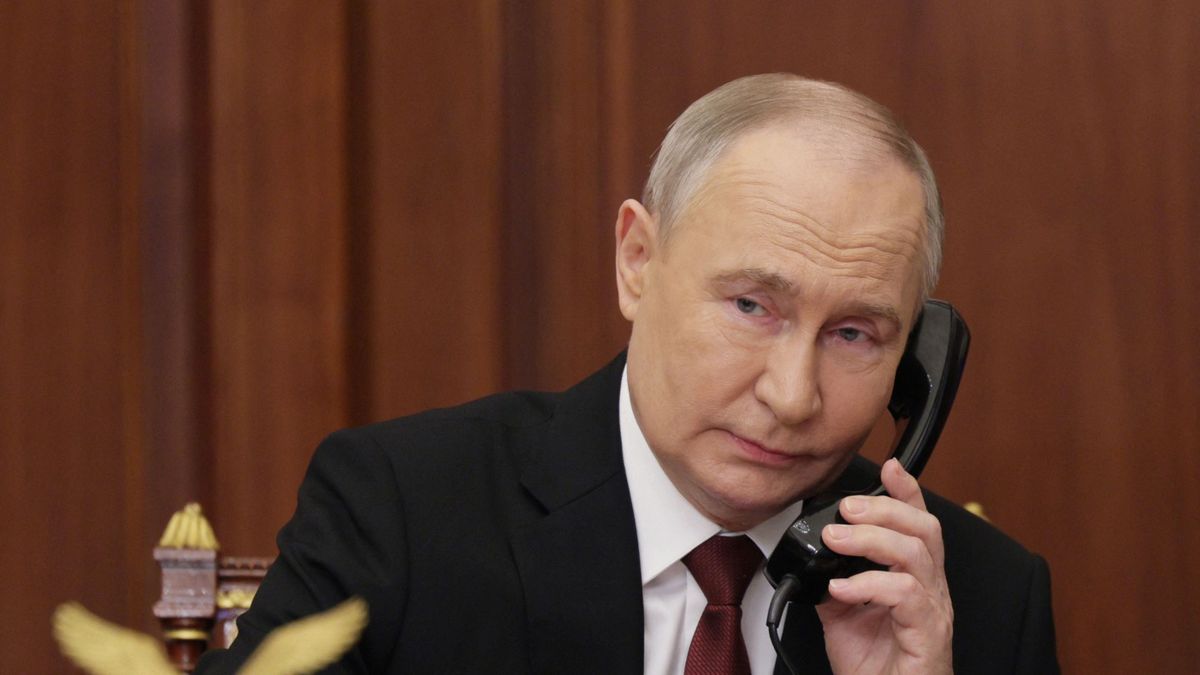
Russia takes nuclear risks seriously and believes that the conflict over Iran’s nuclear program should be resolved through diplomatic means. From Moscow’s perspective, military confrontation only aggravates the problem and could even lead to a serious nuclear threat,
– the expert said, adding that “Russia strives to pursue a balanced policy in the region and, despite the strategic partnership between Moscow and Tehran, it has also tried to maintain friendly—or at least constructive—relations with Israel.”
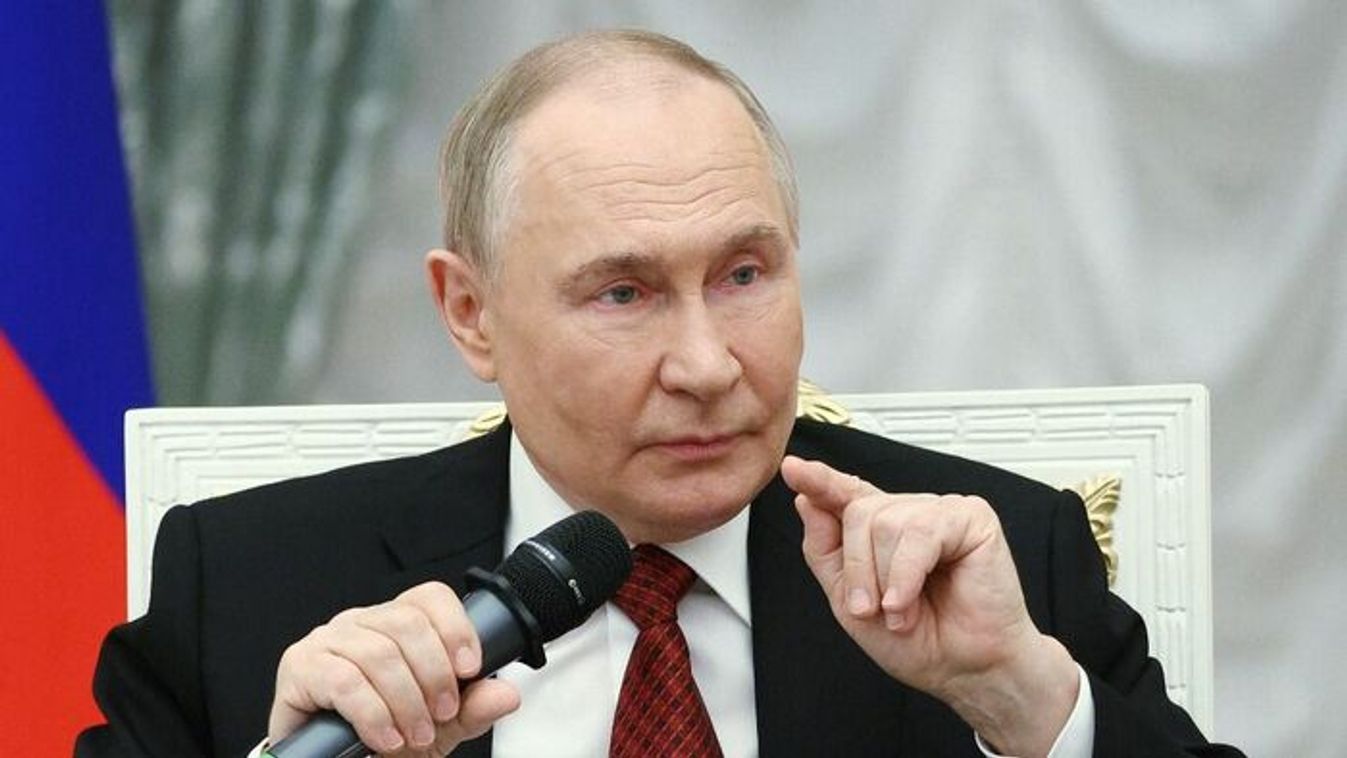
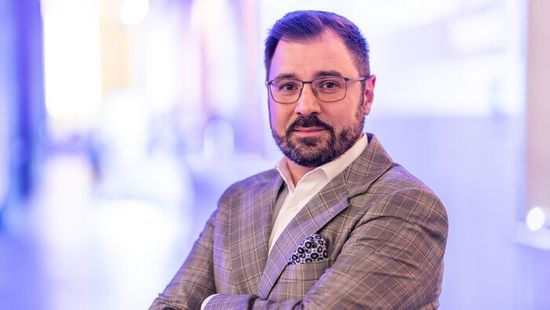
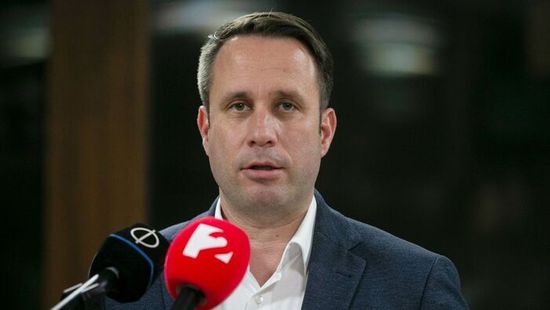
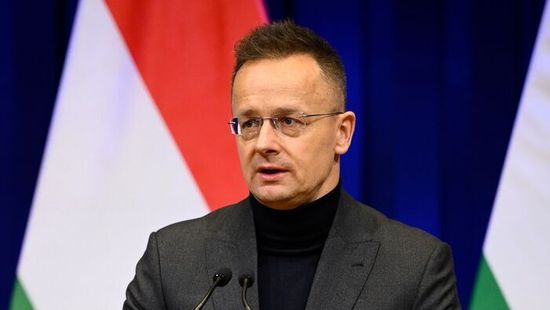
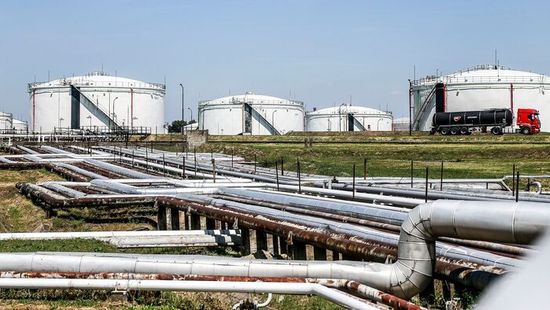

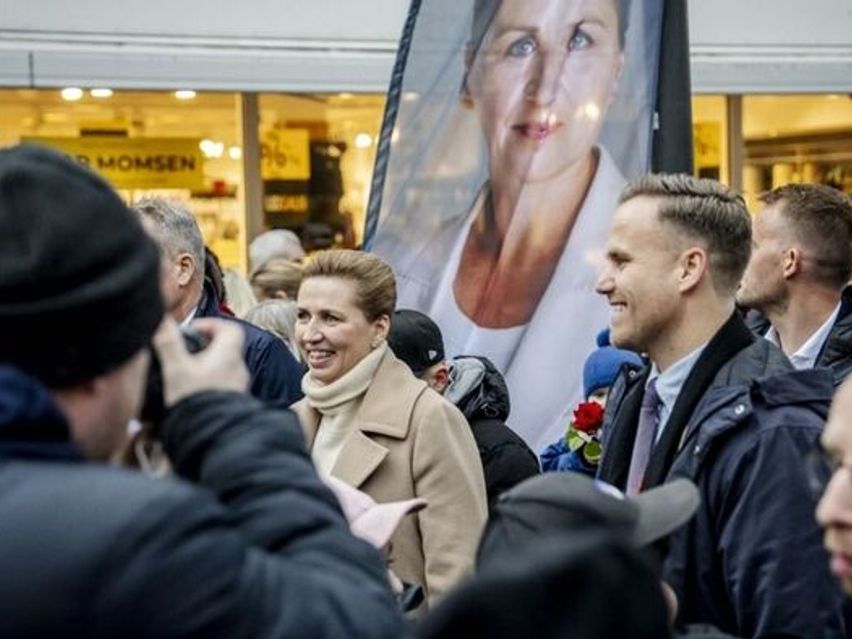
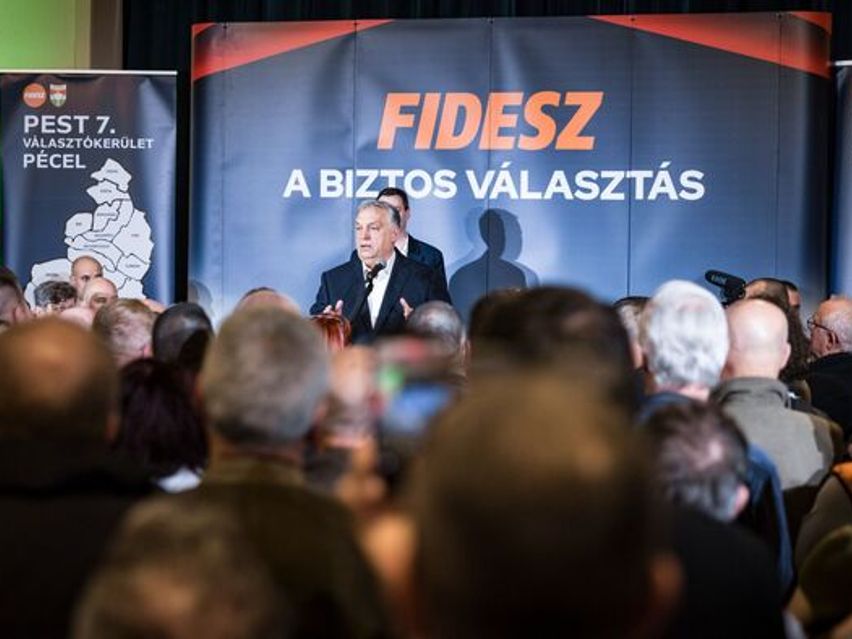
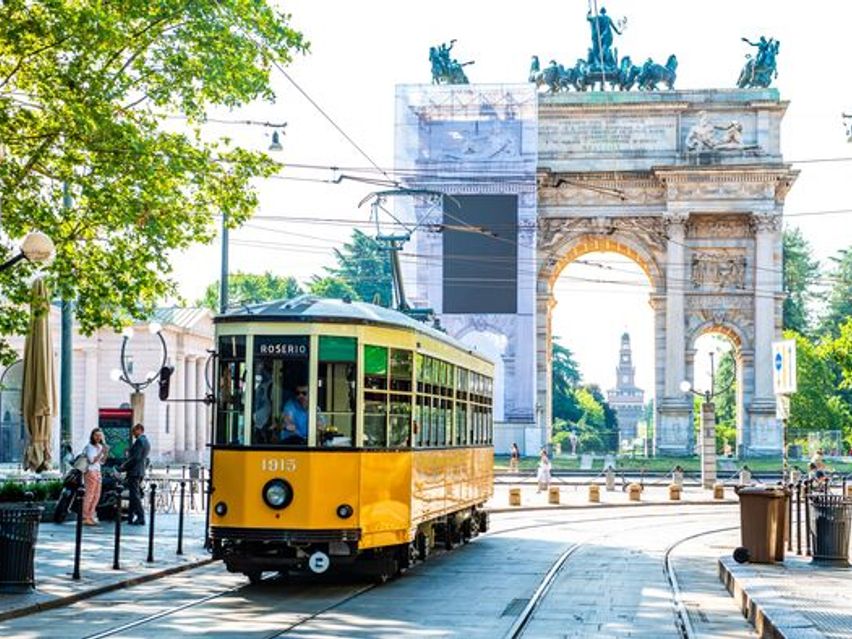


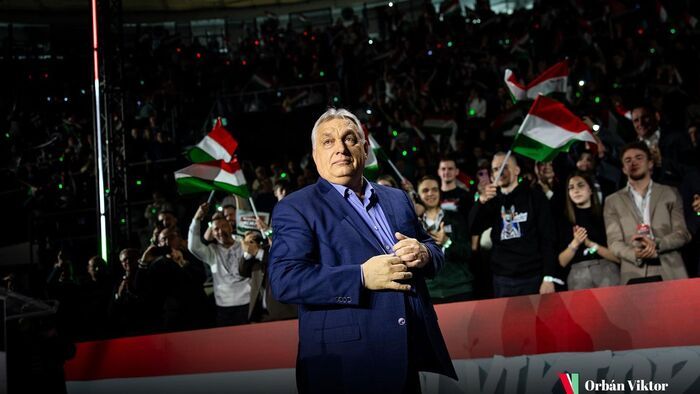
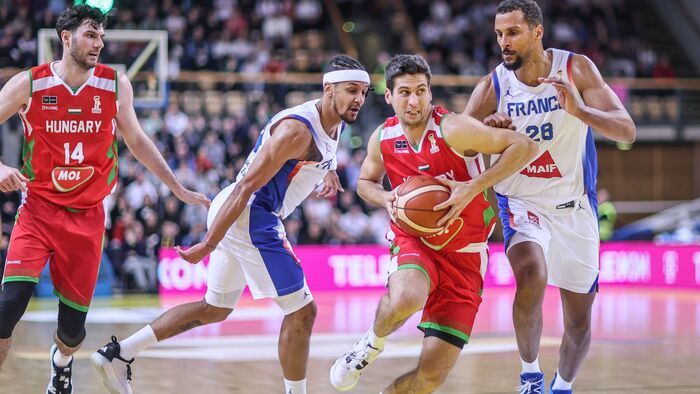
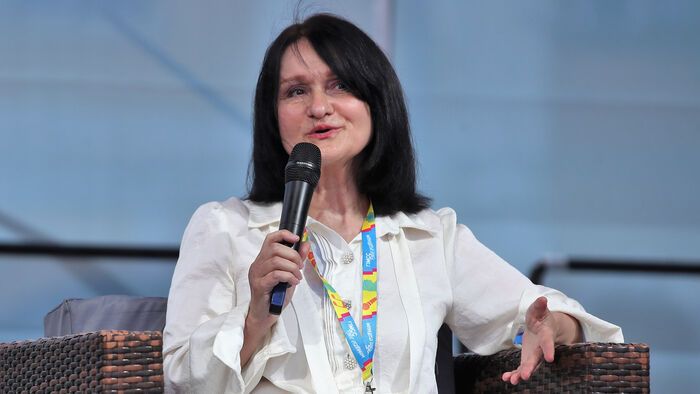
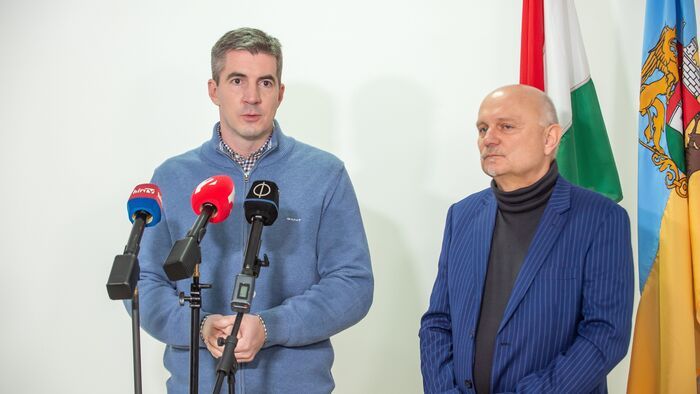
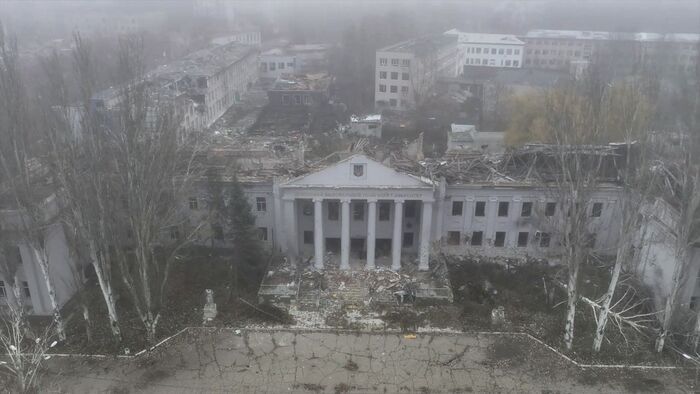
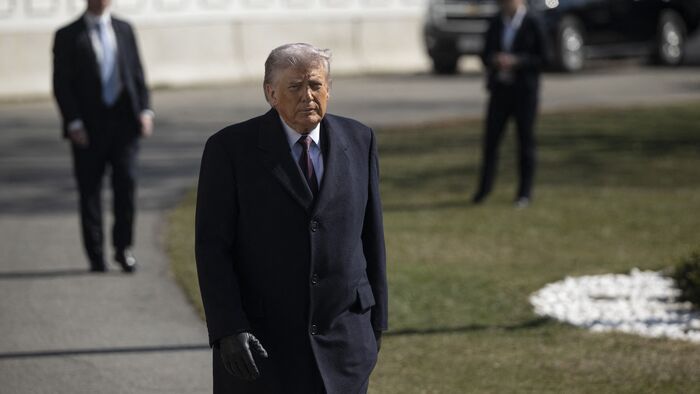
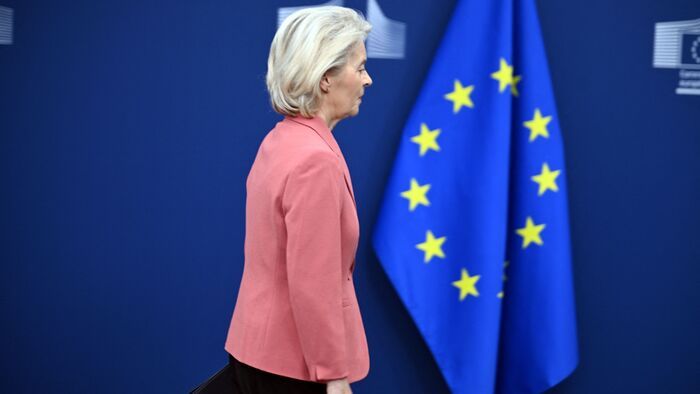

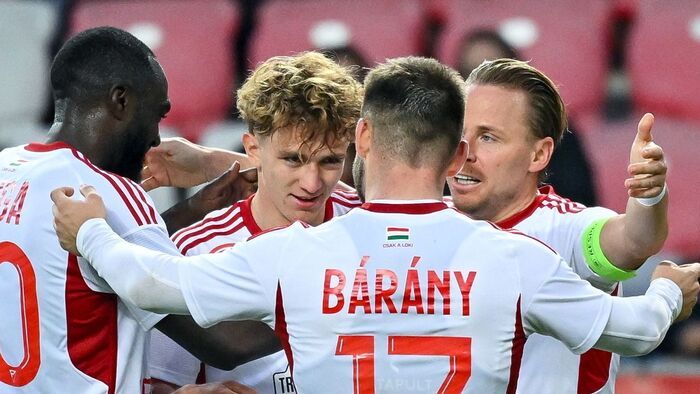
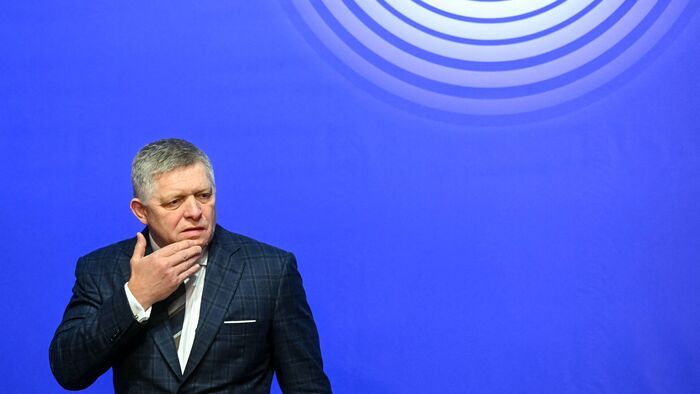


Szóljon hozzá!
Jelenleg csak a hozzászólások egy kis részét látja. Hozzászóláshoz és a további kommentek megtekintéséhez lépjen be, vagy regisztráljon!